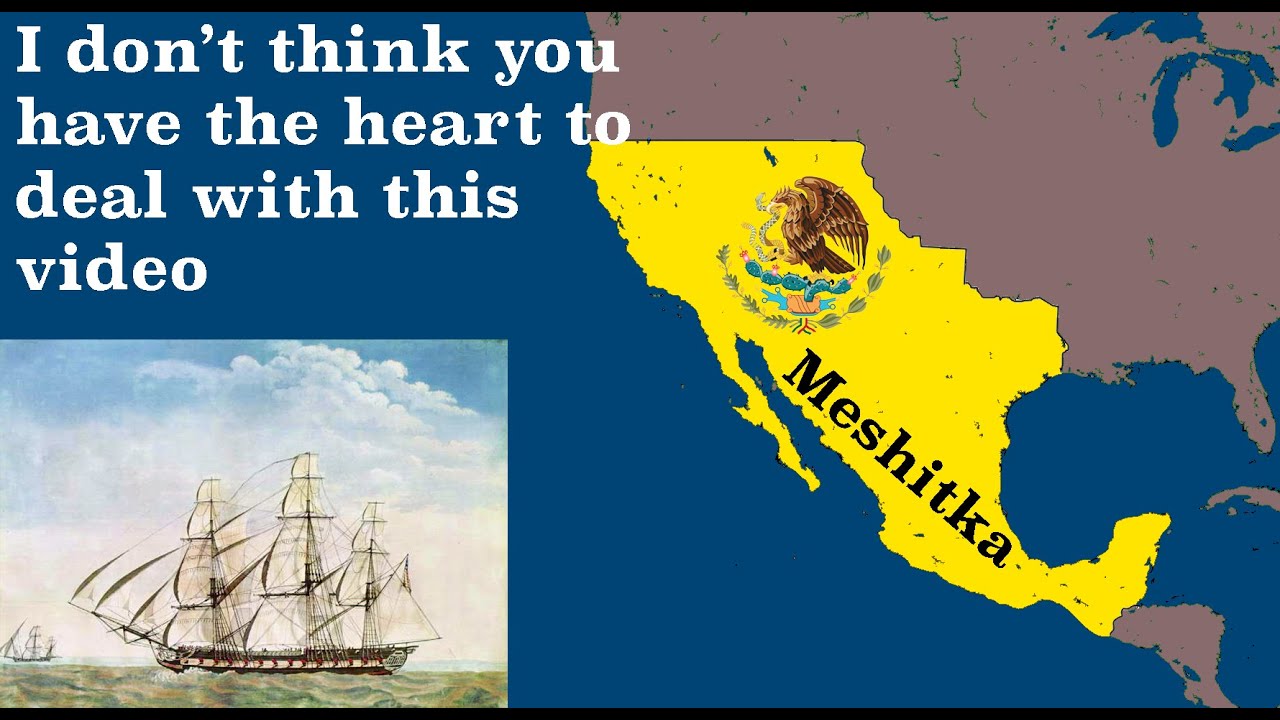Just like the Aztecs with the battle of Tenochtitlan, they had an big significance in the discovery in the new world
No, you were.
So the Battle of Agincourt, according to you, was a tiny skirmish?
For how long? Scrambling that many people for a defense is one thing, to have a standing army of 100k is another. Besides, a few nations with 100k armies does not set the bar for army size definitions, the standard army sizes back then were a few thousand into a few ten thousands
Indeed, but we don’t know enough about most American civs to make proper playable civs of them, with Mayans being the only real exceptions. It is also bizarre to have a civ who fought no other playable civ within the time frame of the game.
Meso civs are not interesting and far too underdevelopped. I think devs would have to invent 90% of their tech tree really.
The real reason is very few people actually like their culture. Otherwise devs would have found a way to include them in the game.
When people hear “middle ages”, a lot of people think “Braveheart” and “Macbeth”.
Yes, unfortunately this game’s primary setting is the middle ages, not the early modern period.
respectfully, your statement says a lot more about your knowledge of mesoamerican civs than it says about mesoamerican civs themselves.
Aztecs existed during Middle Ages
Celts is a very broad term and not fit for a civ that covers Irish/Scottish. And no, I hardly ever think Braveheart. The only reason Celts are in Aoe2 was because the movie Braveheart was a big hit back then, it has nothing to do with what people think of when they hear middle ages
I respectfully disagree whole-heartedly. Native American history is one of my greatest passions.
KingStarscream9, I was not addressing your statements at all. I was addressing those of MIR9576. I suspect you and I both agree that a mesoamerican civ would be a perfect fit for this game.
Oh sorry. My mistake.
Weren’t you explicitly quoting my post with the comparison?
That’s consistent with my earlier posts. Yes. The battle of Agincourt wasn’t even an attempt at conquering Europe, as you guys seem to want Tours to be, and yet the Berbers only fielded that much? Just silly.
Well, how much more similar do you want between Tours and the invasion of Vietnam? It’s just silly that a few ten thousands can be called a conquest force, or perhaps tiny armies were the norms in Europe?
And respectfully, i didn’t mean to offend anyone. However i stand my point it’s the truth that they were far behind Europe and Asia especially in that timeframe. What were mesos doing between the 13th and 15th century? Enlighten me.
And it doesn’t change the fact their culture isn’t marketable, very few people have any interest in playing them.
“very few people have any interest in playing them.”
Speak for yourself lol
They would’ve been included if they were that popular that’s all. I’m not saying nobody likes them.
What about south and north americans, if mesos were so far behind? >:)
Guess why they are not marketable 
I don’t understand what you mean (seriously)
No one plays them in aoe 2 or 3 de, just saying
LMAO you gotta be trolling, rigth?
One major problem this franchise faces is that its entire design of aging up and advancing in technologies is rooted in a very mid-20th century euro-centric view of anthropology.
I am no anthropologist, but I understand that in present day academia, it is universally accepted that it is incorrect to think of technology as a linear path that is measured in time and ultimately leads from some kind of stone age forward to the bronze age, iron age, etc.
I am plagiarizing and will link at the bottom. But in broad strokes:
1: Pre-Columbian American Indian cultures were not as culturally and technologically different from their counterparts in Eurasia as most people seem to think: A lot of people seem to think all American Indians were nomadic hunter-gatherers chasing the buffalo. In fact, there were regions of the Americas that had long traditions of urban civilization and were more densely populated than most areas of Europe and Asia.
2: Technological change occurs at the margins: This is actually a principle of economics, rather than history or anthoropology. When people are looking at investing into some new technology, they’re usually thinking about what immediate benefit that technology can provide. Lots of things are only beneficial in the long run after a technology has been developed for some time. When you buy some new gadget, you’re not going “this technology sucks right now but in 100 years it will be awesome.” Your primary concern is whether it will help you in your daily life right now. This also means that when people have built up a good deal of infrastructure around one particular technology, it’s harder for them to switch to another one.
3: There’s no force pushing technology to “advance” in linear progression: This is really hard for many modern Westerners to wrap their heads around. In our culture we tend to see technology as something that moves “forward” or “backward” from “primitive” to “advanced”.
